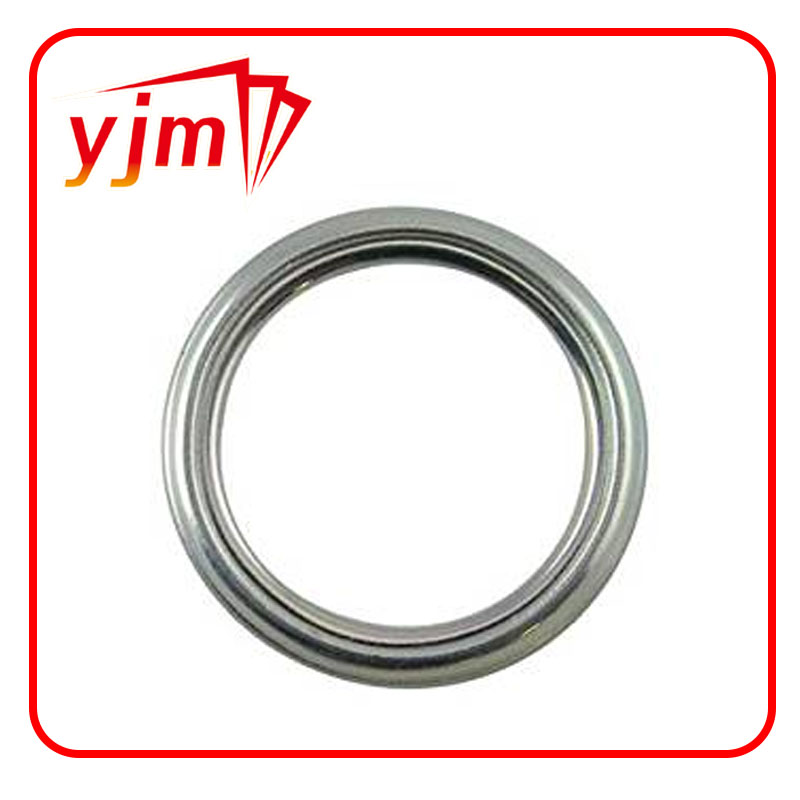Understanding Small Boat Trailer Bearings for Smooth and Safe Towing
Understanding Small Boat Trailer Bearings Maintenance and Tips
When it comes to boating, ensuring that your vessel is in pristine condition is essential for a safe and enjoyable experience on the water. One vital component of this process is the small boat trailer used to transport your boat. A crucial part of the trailer are the bearings, which play a significant role in maintaining the functionality and safety of the trailer itself. In this article, we’ll explore the importance of small boat trailer bearings, maintenance tips, and signs that you need to replace them.
What Are Trailer Bearings?
Trailer bearings are found in the axle assemblies of your trailer. They allow the wheels to spin smoothly while carrying the weight of the boat and trailer. Properly functioning bearings reduce friction, which can lead to overheating and ultimately to trailer and boat damage. For small boat trailers, the right bearings ensure that you can transport your boat safely, making them a keystone of your trailer’s overall integrity.
Why Bearings Matter
The health of your small boat trailer’s bearings is crucial for several reasons
1. Safety Worn or damaged bearings can lead to wheel failure, increasing the risk of trailer accidents. This can jeopardize not only your boat but also your vehicle and others on the road.
2. Cost Efficiency Replacing bearings prematurely or allowing them to wear down can lead to expensive repairs, not only for the bearings themselves but could also affect the wheel hub, axle assembly, and potentially the entire trailer.
3. Performance Well-maintained bearings allow your trailer wheels to spin freely, ensuring better handling and stability during transport. This translates to a smoother ride, not just for the towing vehicle, but for the boat as well.
Maintenance of Trailer Bearings
Maintaining your small boat trailer bearings is a simple yet often overlooked task. Here are some key maintenance tips
1. Regular Inspections Periodically check the condition of your bearings, particularly before and after long trips. Look for signs of wear such as discoloration, cracks, or pitting on the races.
small boat trailer bearings

2. Greasing Bearings should be regularly greased to prevent corrosion and wear. Depending on usage, consider greasing them every six months, or more frequently if you frequently travel long distances or launch your boat in salty water.
3. Seal Integrity Ensure that the seals on the bearings are intact. Damaged seals can allow water and dirt to enter, leading to premature failure of the bearings.
4. Proper Loading Always ensure that your boat is correctly loaded on the trailer. Overloading or an imbalanced distribution of weight can place extra stress on the bearings, risking damage.
Signs of Bearing Failure
Being aware of the warning signs of bearing failure is essential
- Excessive Heat If you notice the hubs are excessively hot to the touch after a trip, it may be a sign that the bearings are failing.
- Sound Be attentive to unusual noises such as grinding or humming emanating from the wheels.
- Vibration If you experience increased vibrations while towing, this could indicate a problem with the bearings.
- Visual Checks Look for grease leaking from the hubs, which is a clear sign of bearing problems.
Conclusion
In summary, the bearings on your small boat trailer are critical to ensuring safe transportation. Regular maintenance paired with an understanding of the signs of wear and failure can save you time, money, and ensure that your boating adventures remain enjoyable. By taking care of this often-overlooked component of your trailer, you ensure that your boat is always ready for the water, allowing for a seamless transition from land to sea. With proper attention and care, your small boat trailer bearings will serve you well for many seasons to come.
-
Understanding the Front Main Engine Seal: Purpose, Maintenance, and Installation
News Jul.29,2025
-
Understanding O-Rings and Seal Rings: Types, Applications, and Custom Solutions
News Jul.29,2025
-
Understanding Crankshaft Oil Seals: Rear Seals, Pulley Seals, and Their Role in Engine Integrity
News Jul.29,2025
-
The Importance of Front and Rear Crankshaft Seals in Engine Performance and Oil Management
News Jul.29,2025
-
Crank Oil Seals: Functions, Types, and Cost Considerations in Engine Maintenance
News Jul.29,2025
-
A Comprehensive Guide to O-Rings and Seals: Types, Materials, and Global Applications
News Jul.29,2025
-
Mastering Diesel and Performance Engine Maintenance: A Guide to Critical Oil Gaskets
News Jul.28,2025
Products categories















